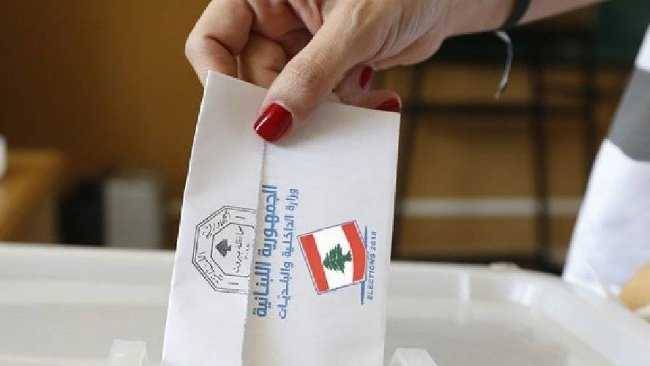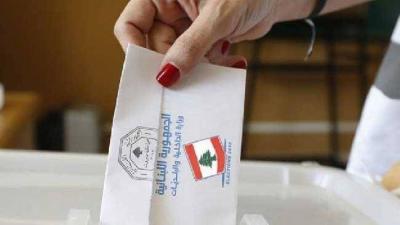After the parliamentary elections, amid the largest economic crises, the Lebanese are confronting a three-headed dragon: the first head is the weaponry and its ability to impose political and economic realities both internally and externally. The second head involves shaping decisions and controlling state policies and mechanisms due to a system based on balance. The third head is corruption and the spoils politics that lead to continuous decline, threatening people's funds and now endangering state properties and assets. Therefore, it is impossible to reduce the political confrontation to a single head.
Despite the positive election results, there are fears concerning the direction in which things are headed, with the results reflecting a significant change in public sentiment and the political landscape. Lebanon now awaits action on two fronts: first, the main powers downplay the importance of what occurred, attempting to maintain political life rules as before, and limiting representation and change to their quantitative faces. The goal is to lessen the impact of the election results and to disable the transformative forces' ability to create a shift in the country’s political trajectory. It is certain that many traps have been set to ensnare these transformative forces. This begins with keeping the political division revolving around issues that offer no possibility for agreement.
What traditional forces succeed in is confining disagreements to political conflicts that are unsolvable. This was evident from the veiled threats voiced by the head of the Loyalty to the Resistance bloc, Mohammed Raad, and MP Hassan Fadlallah, aimed at civil society forces. Following the threat, Hezbollah hurried to engage with these forces through media appearances and conciliatory visits, simultaneously trying to drown the transformative forces in political or economic conflicts to fragment them.
In contrast, the forces of change appear capable of circumventing these attempts by adopting an approach that establishes interconnections and integration among issues and dilemmas in a unified political context that cannot be easily severed. The first step to achieve this is for the transformative forces to unite in one coalition to activate parliamentary work and either block or pass various initiatives. It is essential to create political communication mechanisms with the people that allow for direct expression of their aspirations both inside and outside the parliament. Indeed, there are rules governing parliamentary work, and the transformative forces may be compelled to operate within them, despite facing pressure to exceed these bounds, similar to attempts to provoke them into escalatory positions regarding the election of the Speaker of the Parliament or the stance on Hezbollah's weaponry, or through proposed projects.
The primary and fundamental challenge is the election of the bureau of the council. The reformists are looking into possibly not endorsing the session and allowing the president to be appointed by acclamation. They seek to impose their vision by introducing a dynamic radically different from the previous situation.
Moreover, Lebanon remains mired in several issues, notably external and internal sovereignty, which pose the fundamental challenge imposed by Hezbollah. Among the significant challenges is institutional reform by imposing a new rhythm against the prevailing spoils mechanism, leading to an even more critical issue: how to address economic and social conditions. If the existing political division is left unchanged, Lebanon will continue to spiral into crises, entrenching social decline and the growth of impoverishment policies for many years, leading to the erosion of the middle class.
Monir Al-Rabi – Al-Mudun




